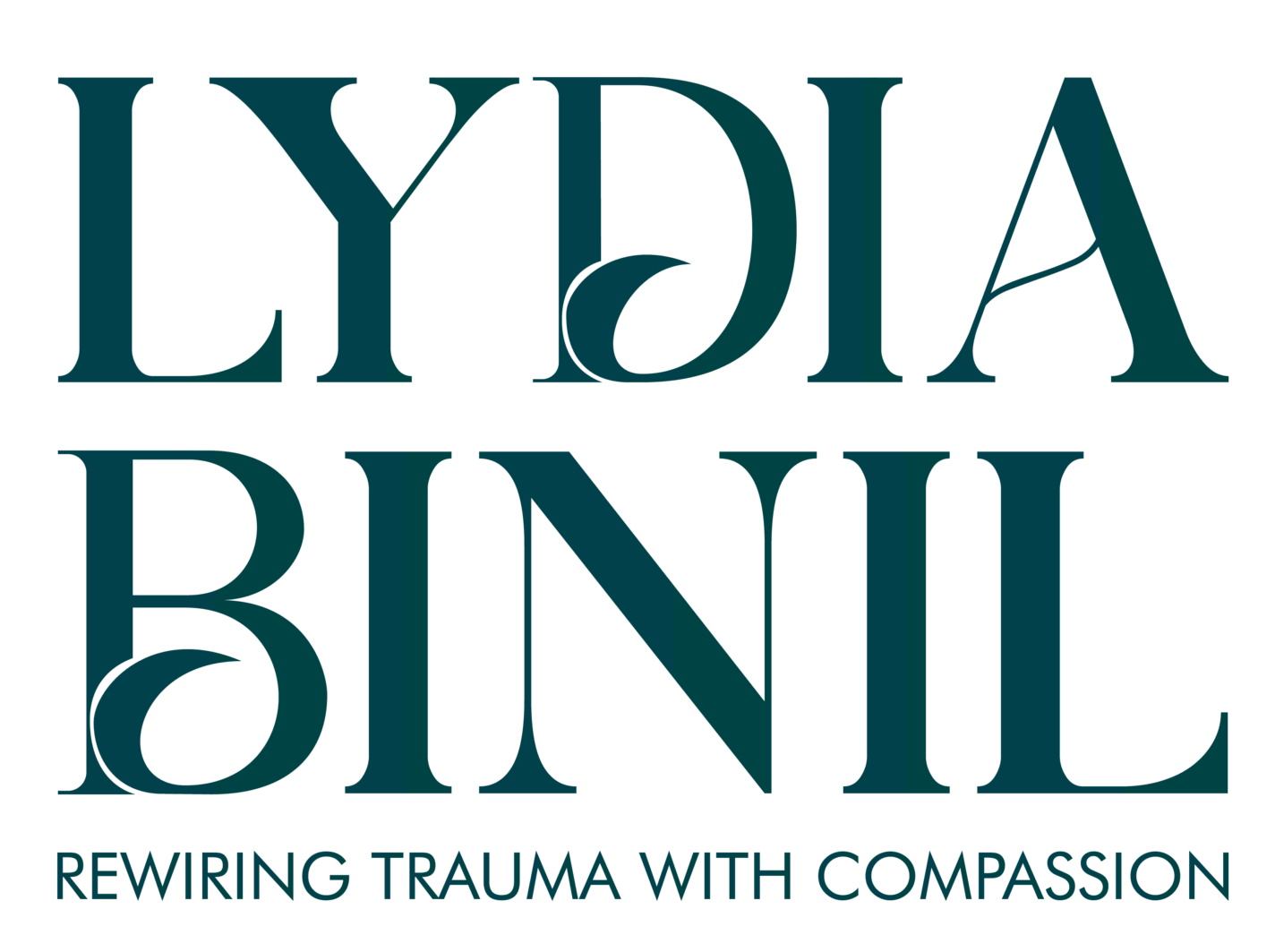Rhea always found herself snapping at her partner over small things—dirty dishes, missed messages, forgotten plans. Later, she would feel guilty, wondering why her reaction had been so intense. Over time, she realized these moments weren’t really about the dishes—they were echoes of her past.
Research shows that emotional triggers activate the amygdala, the brain’s alarm center, sometimes bypassing rational thought. For women, repeated exposure to unresolved emotional triggers can increase cortisol by 25–30%, impacting health, mood, and relationships.
Carl Jung said, “Until you make the unconscious conscious, it will direct your life and you will call it fate.”
Rhea began a practice of noticing her triggers without judgment. She would pause, breathe deeply, and ask: “What is this really about?” Journaling the patterns she noticed allowed her to connect current reactions to past experiences—childhood expectations, early criticism, and subtle messages about worth.
Studies suggest that mindful reflection and journaling reduce reactivity and improve emotional regulation by 35–40%. Slowly, Rhea reclaimed her responses—choosing awareness over reaction. Even small pauses before responding created space for empathy, understanding, and connection.
Reflective Question: Which moments repeatedly trigger you, and what hidden message might they be carrying from your past?
💬 Social Prompt: Share a trigger you’ve learned to transform into awareness.

